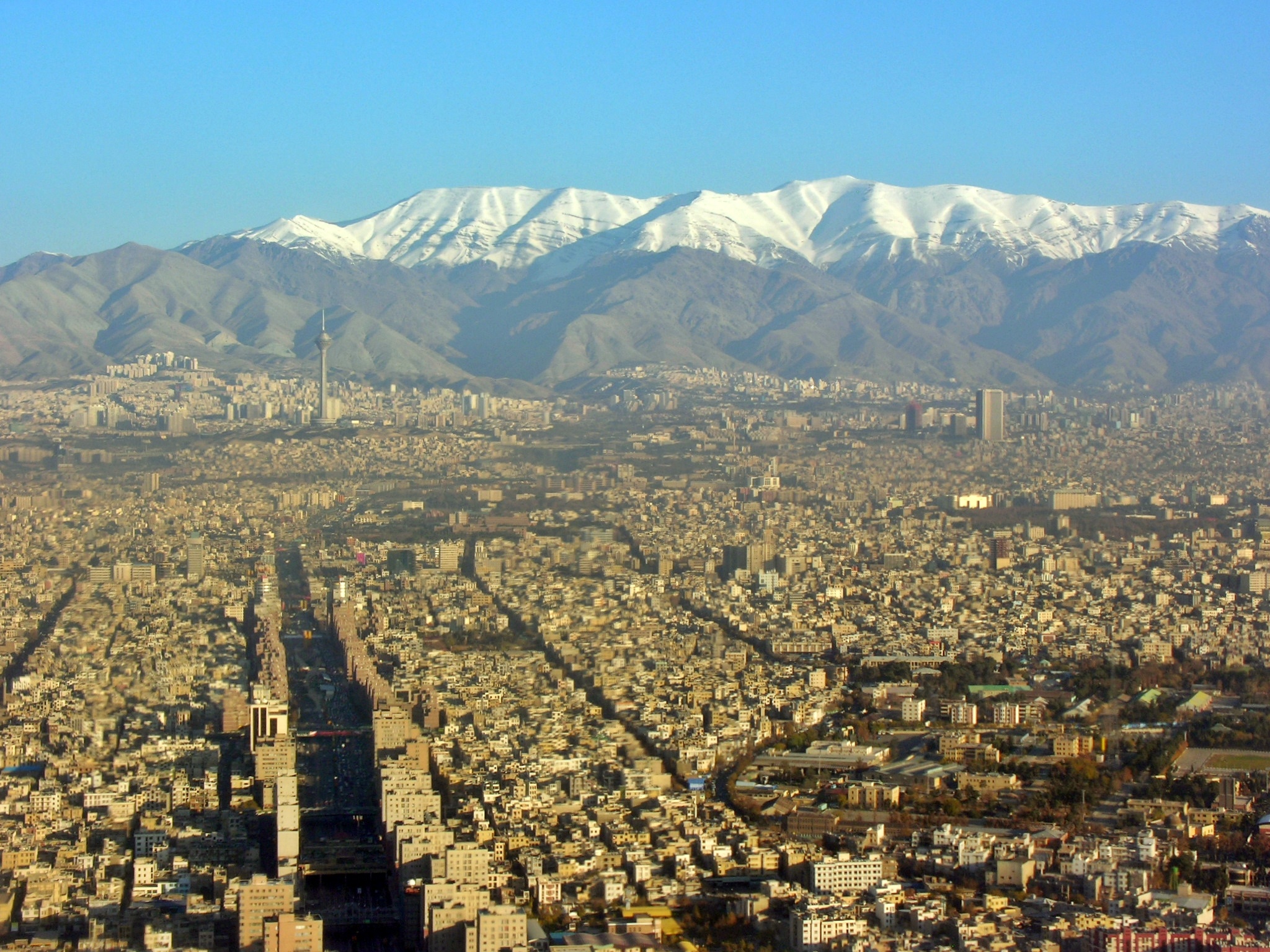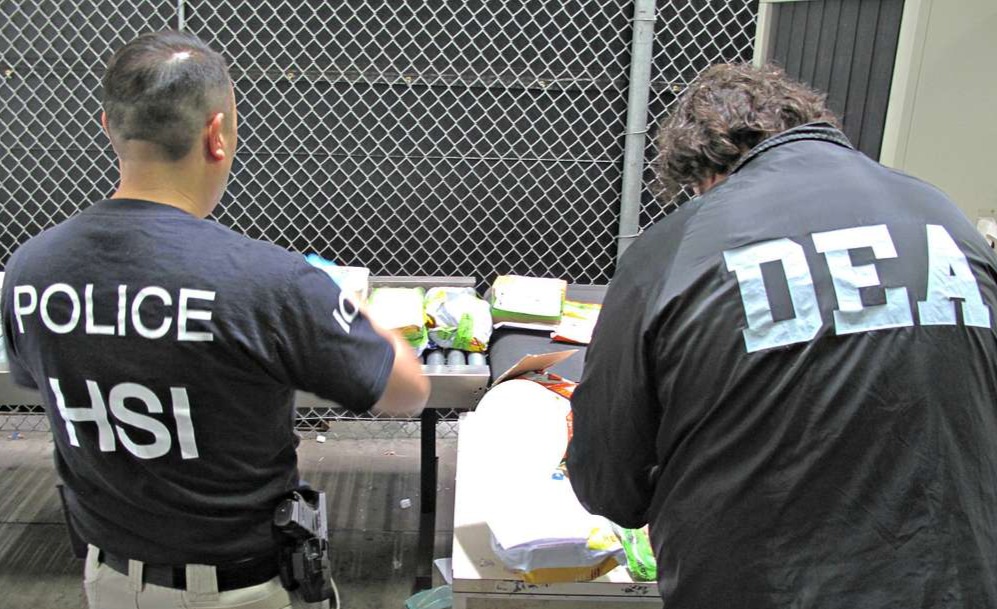Rebutting the Case for Israel’s June 2025 Strikes as Lawful Self-Defense
Stretching Article 51 to accommodate months-long pauses between attacks and responses blurs the line between lawful self-defense and unlawful preventive war.

Jeffrey Lovitky’s recent Lawfare piece, “Rethinking Immediacy in Israel’s Right of Self-Defense,” defends Israel’s June 2025 “Operation Rising Lion” as a lawful exercise of self-defense under Article 51 of the United Nations Charter.
Operation Rising Lion, launched by Israel on June 13, targeted Iranian nuclear facilities, air defenses, and related infrastructure. Israeli officials described the campaign as necessary to neutralize what they called an “existential and imminent” threat from Iran’s nuclear and ballistic missile programs. The strikes marked a major escalation in direct state-to-state confrontation, following Iran’s missile attacks on Israel in April and October 2024. Iran, however, characterized both attacks as retaliatory: The April barrage came after Israel struck its consulate annex in Damascus, killing senior Islamic Revolutionary Guard Corps commanders, and the October missiles followed a series of assassinations of Hamas and Hezbollah leaders widely attributed to Israel.
In his piece, Lovitky contends that Iran’s April and October 2024 missile attacks created a standing legal basis for force that survived a six-month operational pause. In his view, the “continuous self-defense” doctrine allows delayed military action so long as the original threat persists, rendering immediacy a subsidiary consideration.
This argument, while carefully constructed, rests on an elastic reading of Article 51 that risks undermining the core prohibition on the use of force in Article 2(4) of the charter. The legal framework for self-defense is deliberately narrow, not a renewable license for force. Stretching it to accommodate months-long pauses between attacks and responses—absent evidence of ongoing or imminent hostilities—blurs the line between lawful self-defense and unlawful preventive war.
Article 51 is framed as an exception to the general prohibition on the use of force. It allows a state to act in self-defense “if an armed attack occurs” and only until the Security Council has taken measures to maintain international peace and security. The text is unambiguous in its temporal orientation: It contemplates responses to an occurring or imminent armed attack, not indefinite retaliation for past harm.
The International Court of Justice (ICJ) has consistently rejected broad, open-ended readings of Article 51. In Nicaragua v. United States and Oil Platforms, the ICJ held that the necessity and proportionality of force must be assessed in light of conditions at the time of the response—not simply by reference to a prior attack. The ICJ has also cautioned that the right to self-defense lapses when the armed attack is over and there is no ongoing necessity to repel it.
Lovitky argues that immediacy should be subordinated to necessity, warning that rigid timing requirements could pressure states into premature action. Yet immediacy is not a bureaucratic hurdle—it is integral to determining necessity. If a state can wait six months to act, it must explain why the threat remained “instant, overwhelming, and leaving no choice of means, and no moment for deliberation” throughout that period (the standard articulated in the 1837 Caroline incident and endorsed by the ICJ).
In this case, Israel has not demonstrated that Iran was poised to launch further strikes in June 2025. The absence of imminent or ongoing attack at that time suggests that the necessity for force had dissipated. Without necessity, the claim of self-defense collapses—regardless of the scale of the original attack. To be sure, both the United States and Israel have long advanced a broader conception of necessity, rooted in a pattern of belligerence and the anticipation of future threats, as reflected in their respective Article 51 letters. But this more expansive view has been consistently rejected by the ICJ in cases such as Nicaragua and Oil Platforms, and it remains deeply contested among states. To accept it would be to dilute the imminence requirement and to risk normalizing preventive war under the guise of self-defense.The operational targets—Iranian nuclear facilities—underscore the preventive nature of the June strikes. By Israel’s own account, the rationale was to neutralize an “existential threat” for future generations. This is not the language of repelling an ongoing attack; it is the logic of preventing a potential future capability. International law does not permit preventive war, precisely because such reasoning can be—and historically has been—used to justify aggressive wars under the guise of defense.
Accepting “continuous self-defense” for months-delayed, capability-denial operations risks erasing the legal distinction between legitimate defense and unlawful aggression.
Even if one accepted that the June 2025 strikes occurred within a continuing armed conflict, the conduct of hostilities is still governed by jus in bello. Attacking nuclear facilities carries a high probability of catastrophic civilian harm, environmental contamination, and long-term humanitarian consequences. The proportionality principle prohibits attacks where the expected incidental loss of civilian life or damage to civilian objects would be excessive in relation to the concrete and direct military advantage anticipated.
Here, the speculative nature of the military advantage—disabling a program that might one day be weaponized—weighs heavily against the foreseeably grave civilian and environmental risks. This is not merely a legal point but a moral one: Actions with irreversible humanitarian fallout must meet the highest thresholds of necessity and proportionality.
While Lovitky may be channeling broader lawfare narratives rather than originating them, reproducing these claims in a legal context is significant. Doing so risks normalizing their underlying assumptions and embedding them within mainstream discourse. Whether presented as his own or as echoes of a wider narrative, the effect is the same: legitimizing positions that erode foundational principles of international law and human rights.
This will incentivize states to preserve a rhetorical state of conflict in order to justify future force. This is destabilizing. The UN Charter system depends on limiting self-defense to situations of genuine and immediate threat. Allowing “continuous self-defense” to persist months or years after an attack invites abuse, undermines collective security, and effectively sidelines the Security Council’s role in managing post-conflict peace.
It is also worth noting the selective invocation of self-defense. Israel’s expansive interpretation is not applied equally to others, including Palestinians who have lived for decades under occupation, blockade, and recurring military operations. When the rules are invoked asymmetrically, they cease to function as universal legal norms and become instruments of political convenience.
The June 2025 strikes cannot be reconciled with the established requirements of immediacy, necessity, and proportionality under Article 51 of the UN Charter. They were not a compelled response to an ongoing or imminent attack but, rather, a preventive strike aimed at denying future capabilities—the very scenario the prohibition on the use of force was designed to prevent.
Self-defense is not a perpetual authorization. It is a narrowly confined right, triggered by immediate necessity and extinguished when the threat subsides. Diluting those limits under the banner of “continuous self-defense” undermines the charter’s most fundamental protection: the prohibition of aggressive war.
If international law is to maintain its relevance and authority, it must resist the temptation to accommodate strategic convenience at the expense of the principles that keep the use of force exceptional, regulated, and accountable.
If we accept Lovitky’s logic, we will find ourselves in a world where any state can wage war whenever it chooses—all in the name of defending itself from the ghosts of attacks’ past. That is not international law. That is its undoing.




.jpeg?sfvrsn=e13b9854_7)
